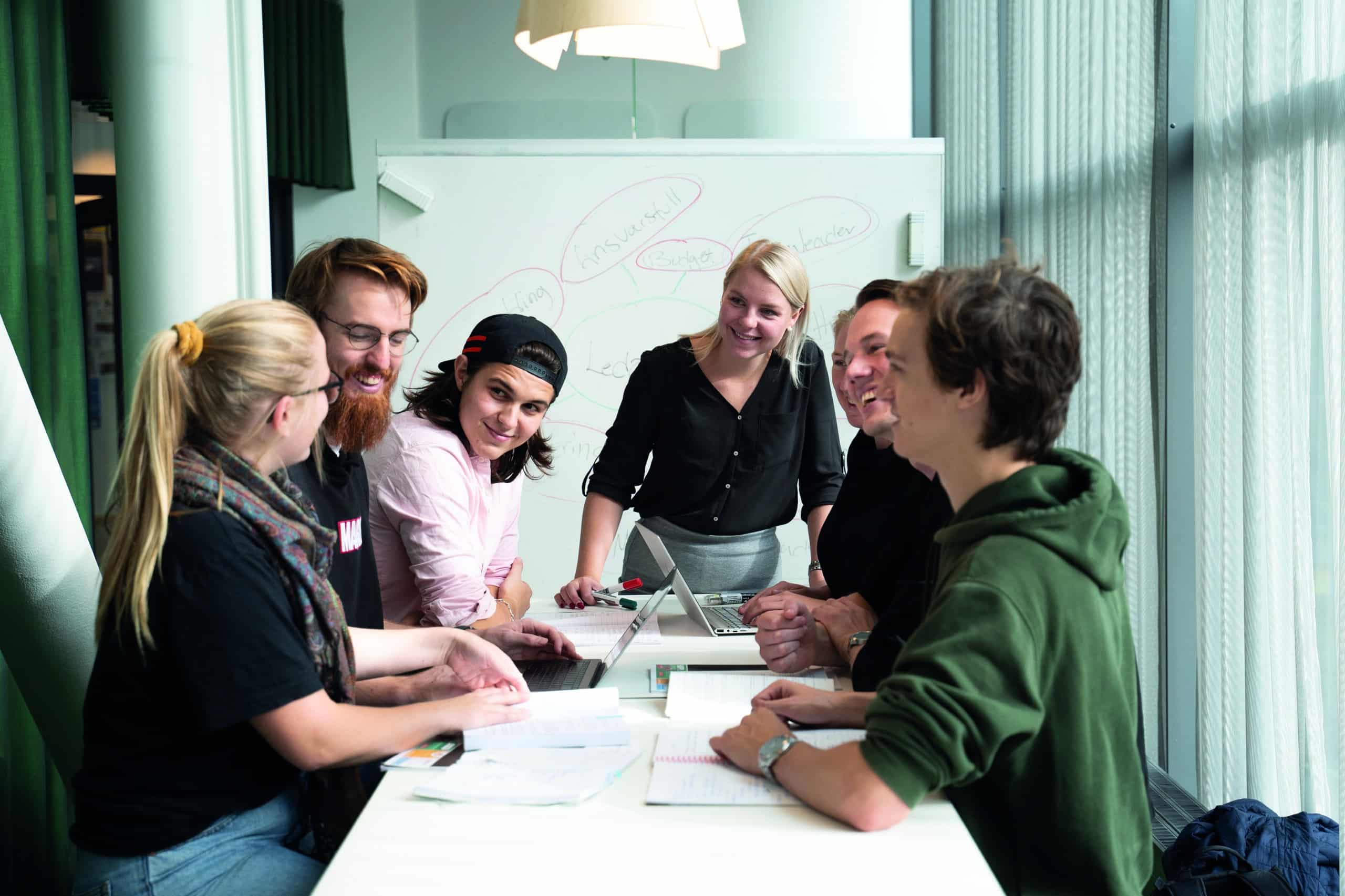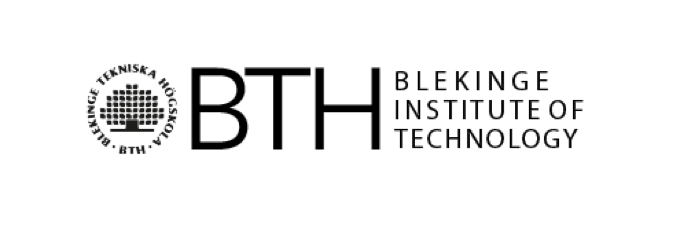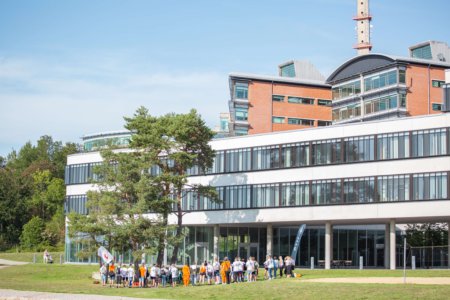The business landscape today is changing at a rapid pace. According to reports, companies have been proven to be less resilient in recent years compared to the 1960s. Much of this has to do with the increase in risk factors — globalisation and new technology being some.
One thing this has made clear, however, is that companies are in dire need of forward-thinking, adaptable and business-minded employees to help pave their way towards long-term success — now more than ever.
Blekinge Institute of Technology (BTH) has a Master’s Programme in Industrial Economics and Management (MIEM) designed to do exactly that. Located in Sweden — a leading global hub for scientific research and technological innovation — BTH aims to contribute towards a more sustainable societal development through higher education and research.
The MIEM is reflective of that goal. Designed for students with engineering or STEM-inclined backgrounds, the MIEM covers current topics and problems in a variety of fields and developments that are plaguing the business world. This centres around everything from learning about globalisation and digitalisation to investment analysis and econometrics.

Blekinge Institute of Technology combines technical practices with a solid background in economics. Source: Blekinge Institute of Technology
“The programme gives engineers manageable skills based on different aspects like entrepreneurship, data analysis, data science that are now popular in the area of finance,” explains associate professor Shahiduzzaman Quoreshi. “These courses in the programme are designed in a way that engineers or those who have a science background can apply their mathematical tools or scientific thoughts.”
The MIEM has two tracks, which enable the students to specialize in a subject area. The tracks are offered in the third semester. The first is developed around finance, which lecturers like Quoreshi tend to cover.

At Blekinge Institute of Technology, courses are designed to reflect the real world. Source: Blekinge Institute of Technology
“The courses are designed very carefully and obviously we need a theoretical background that is well addressed in these courses,” Quoreshi says. “At the same time, in order to cope with the changing world or so-called Industry 4.0 revolution that is going on now, we designed our courses in a way that both theoretical concepts can be implemented with mathematics and programming. So, there is a lot of laboratory work and real-world scenarios with discussions.”
The other is an entrepreneurship track. This is where senior lecturers like Philippe Rouchy, who teaches a course in Entrepreneurship and Strategy, shine.
“The course that I’m involved in is more theoretical and focuses on the applied part of entrepreneurship,” he says. “It’s geared towards understanding the role of the entrepreneur in the economy. And as we know in economic theory, the entrepreneur has been the missing actor of growth. I think the really interesting part here is to understand the role of the entrepreneur toward productive activities to enhance growth.”
At BTH, every aspect of the MIEM is carefully planned to ensure it is reflective of the latest developments in the world.

Set on a modern campus in Sweden, students learn in the heart of innovation and technology. Source: Blekinge Institute of Technology
“On the courses that I design, I always try to update and upgrade them,” shares lecturer Mojtaba Hosseini. “I always try to use very recent articles and books. For example, the book for one of the courses that I actually propose to students is from 2021, and all the papers are between 2017 to 2022. Because when we are talking about innovation and entrepreneurship, we need to study from the perspective of current literature, because it has changed a lot.”
Hosseini is at the forefront of many unique course offerings within the programme. This encapsulates e.g. Innovation and Business Development; Commercialisation of Products, Services and Innovations; and Advanced Research Methods and Design.
Hands-on methods of teaching are just as regularly applied. “Several assignments in the courses are conducted in groups,” explains lecturer Anupama Unnikrishnan. “This helps students in collaborating with their classmates and developing teamwork skills. Some tasks require the students to make presentations and critically evaluate their peers which helps develop their verbal communication and leadership skills. The research-oriented teaching in every course helps students to become critical thinkers and promotes problem solving.”
The result? Forward-thinking graduates who are well-equipped to become production managers, data analysts, financial analysts, portfolio managers, and more. Most of all, it produces graduates who understand the global risks posed to society — and have the tools and knowledge to tackle them.
Follow Blekinge Institute of Technology on Facebook, Instagram, and Twitter.













